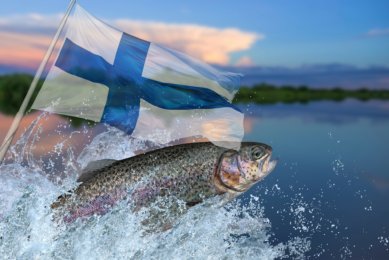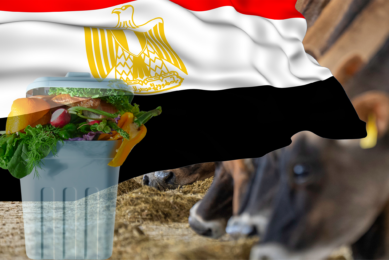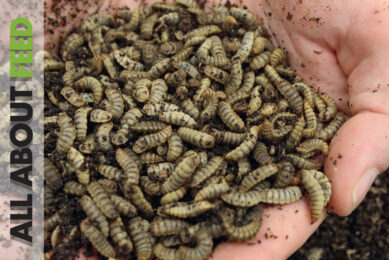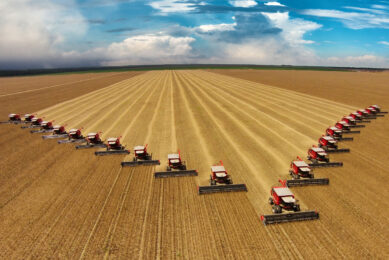Reaching net zero through insect-based animal feed
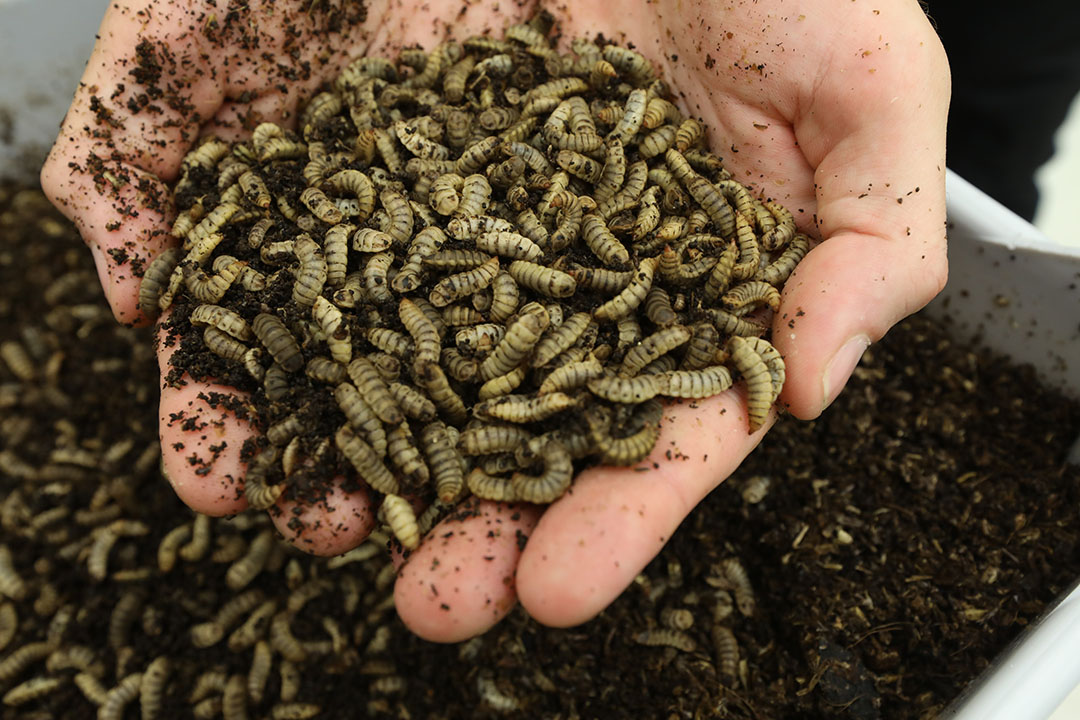
A switch to insect-based animal feeds could help the UK reach its net zero carbon emissions target, researchers say.
Among other issues, tackling emissions from agriculture is vital if the UK is to reach its 2050 target, and insect-based feeds offer a promising method to feed animals in a sustainable, low-carbon way. Exploring the science behind insect-based feeds has never been more topical, and a project led by Entec Nutrition, which was set up by 2 University of Exeter scientists, has won a £250,000 grant from the Innovate UK’s transforming food production scheme to do just that.
“We are thrilled to have won this Innovate UK grant with our research partners,” says Dr Olivia Champion, who co-founded Entec Nutrition with University of Exeter colleague Professor Richard Titball.
“It’s really exciting for Entec Nutrition to form part of the UK’s clean innovation solutions to reach net zero carbon emissions by 2050.
“The funding will allow us to explore methods for low-energy production of insects to lower the cost of production and the environmental impact of the feed industry.”
 The health-promiting potential of the black soldier fly
The health-promiting potential of the black soldier fly
For the first time, the antioxidant effect of insect protein has been investigated in real-time conditions.
Toward a sustainable and productive future
As population levels rise, it is expected that fish and poultry consumption will increase, generating a greater demand for animal feedstocks – and therefore for animal-feed ingredients. The team, which includes food research organisation Campden BRI, will tap into this issue by working on efficient insect production for the poultry and aquaculture industries.
The global feed industry is energy-intensive, reliant on international imports, at risk of commodity price hikes, and associated with deforestation. Therefore, the UK needs to increase feed production resilience to move fish and poultry production towards a sustainable and productive future.
Founded in 2018, Entec Nutrition is a UK-based SME that is pioneering the development and adoption of farming insects as a sustainable food source. Through the development of insect-based feedstocks for use in aquaculture and poultry feed, it is transforming the livestock feed market, bringing significant positive impact to the supply-chain environmental impact and cost resilience.




